Accordingly, 7 market members have just borrowed nearly 13,669 billion VND from the State Bank via the OMO channel, with a 7-day term and an interest rate of 4.25%/year, down 0.25%/year compared to the previous session.
Notably, this is the first time this year that the State Bank has reduced the OMO interest rate. The last time the agency reduced the OMO interest rate was at the end of 2023, then increased this interest rate twice in April and May 2024 with each increase being 0.25%/year.
In addition, the State Bank also issued VND3,250 billion worth of 14-day treasury bills in the August 5 session. The winning interest rate was 4.25%/year, down 0.25%/year compared to the previous session.
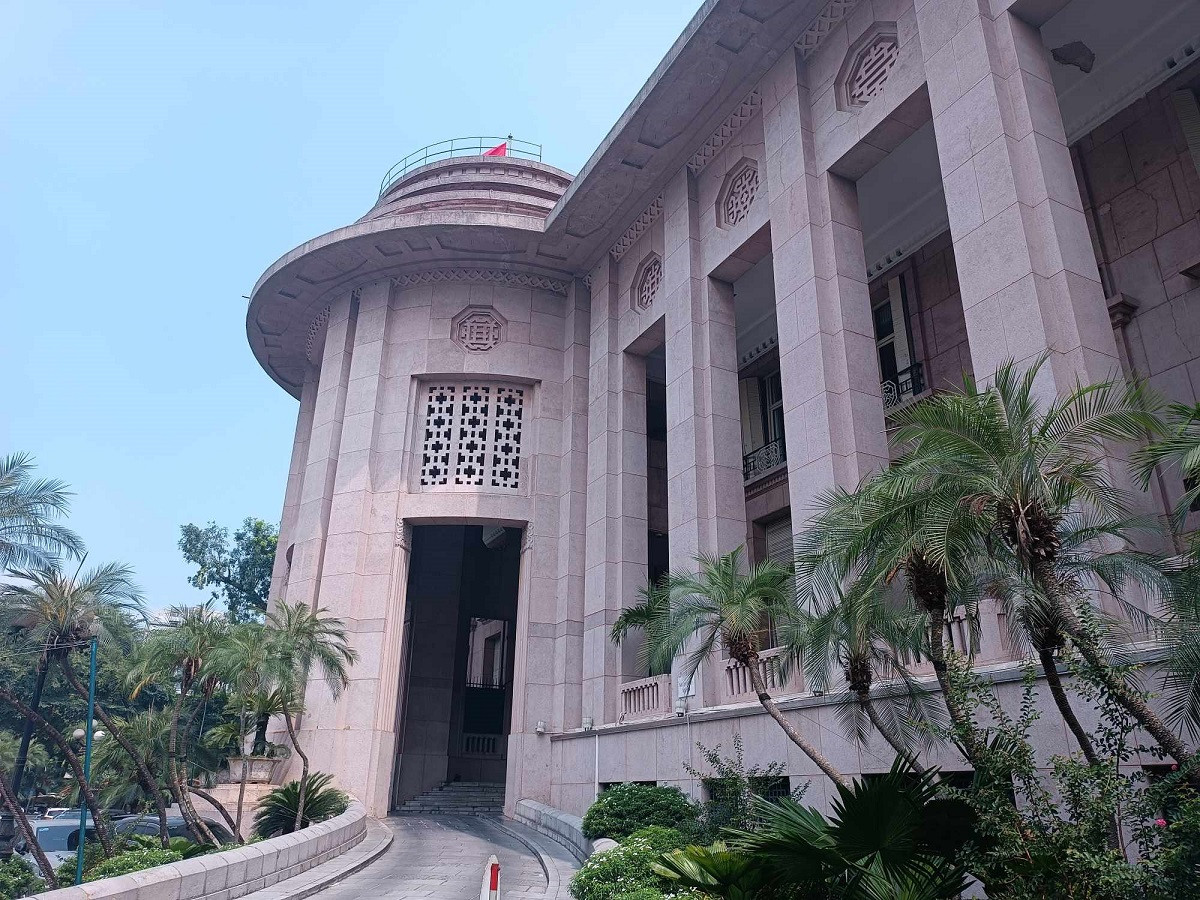
The State Bank of Vietnam's parallel use of two tools, credit bills and OMO, aims to serve the dual goal of both ensuring liquidity for the banking system to maintain low interest rates in market 1, and reducing pressure on exchange rates by narrowing the gap between USD and VND interest rates in the interbank market.
According to Deputy Governor of the State Bank of Vietnam Dao Minh Tu, the State Bank of Vietnam's monetary policy must ensure two most important goals: contributing to controlling inflation, stabilizing the macro -economy , and focusing resources on economic growth.
To carry out these two key tasks, the State Bank's viewpoint is to operate interest rates flexibly. Therefore, the use of State Bank's operating tools such as refinancing, compulsory reserves, lending on the open market, regulating interbank market interest rates, etc. must always be flexible.
Since June 2023, the operating interest rate has always been maintained stable. However, the Deputy Governor said that the State Bank has always analyzed and evaluated whether to change the operating interest rate or not, and how to change it to suit the economy in general; at the same time, ensuring inflation control and supporting economic growth.
In addition, the money supply and withdrawal are still in harmony, and lending interest rates remain stable. The State Bank requires commercial banks to reduce lending interest rates based on reducing operating costs, using the bank's resources to continue to restore the economy through supporting business development.
According to Mr. Tu, exchange rate is a big and very complicated issue in the management process, it is the total relationship of macroeconomic relations, including interest rates, money supply for the economy, as well as the impact of exchange rate policies of countries.
In the first 6 months of 2024, the VND/USD exchange rate continued to remain stable. VND depreciated by about 4.4% since the beginning of the year, while some major economies had their domestic currencies depreciate by over 10%.
“We cannot fix the exchange rate in the context of many fluctuations in the world economy, so the neutral solution is to create harmony between export and import, synchronously resolve exchange rate policy with interest rate policy; ensure control of inflation and foreign currency supply and demand,” said the Deputy Governor.

Source: https://vietnamnet.vn/dong-thai-moi-cua-ngan-hang-nha-nuoc-ve-lai-suat-2308906.html








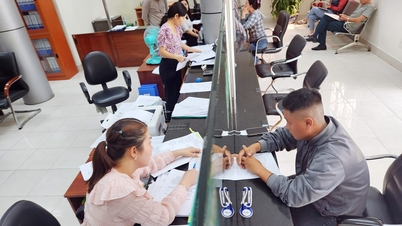






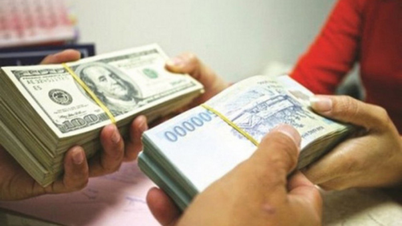


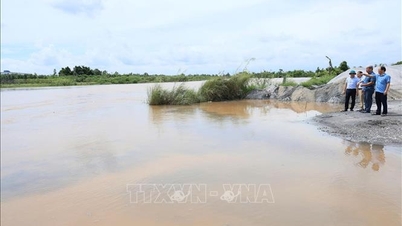



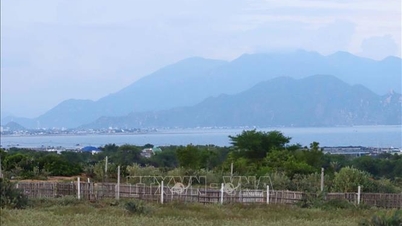
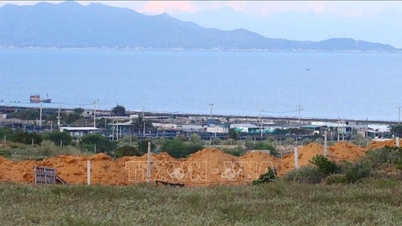











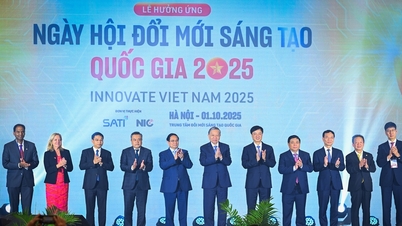












































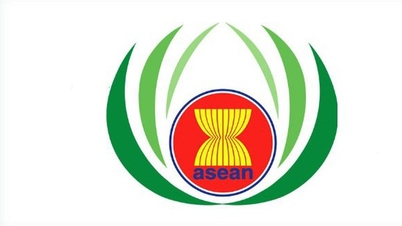





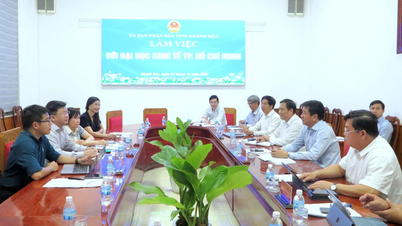

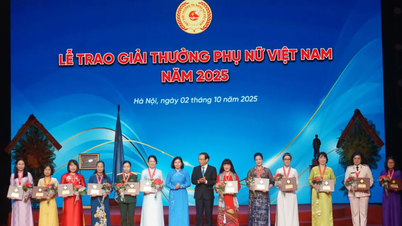
















Comment (0)